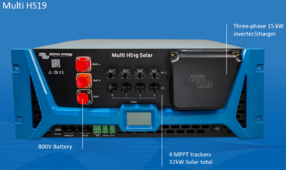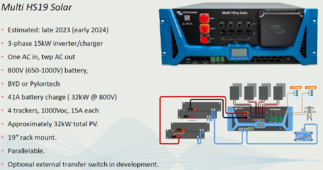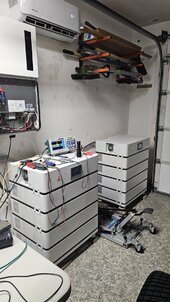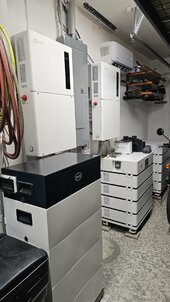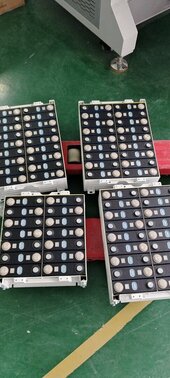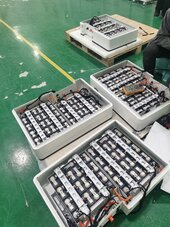Hi guys,
Second post. I'm in Japan (100v 60hz) and am researching the best inverter brand and model to buy for a DIY solar build.
I intend to connect a Leaf 24kWh battery to it for home storage. I'm a member of Dala's EV discord group but have additional questions.
So far I've been able to determine that I need a single phase inverter as that is what's used here in Japan. But very few brands support higher than 48v storage batteries as far as I can tell. Especially in single phase inverters.
Not sure if I will do grid tie right away but may want to later for net metering. So am researching options.
So far I've found Solis S6 11.4 and also heard about the FoxESS brand this past week. Any others I should be aware of? Any highly recommended?
I was originally interested in EG4 but I don't believe they handle 400v storage batteries yet, right? Same for Victron, correct?
I heard Victron and SMA are certified for use in Japan but if they don't offer a single phase model, nor HV storage support, I guess those brands are out.
Any ideas? Or is there another way to use those brands still by using two or something? I'm brand new to this so need to get my bearings.
Thank you if you can help.
Edit: Adding the spec sheets for these two inverters:
So far these are my two leading candidates for inverters. I'm not knowledgeable enough to know if there might be better options or if these are even going to work. So wanted to ask here from experienced users.
Here's the Fox-ess page for single phase inverters for reference:
 www.fox-ess.com
www.fox-ess.com
And the spec sheet:
I'm reading that foxess uses the solax protocol, so maybe that's a good thing as it will have more support?
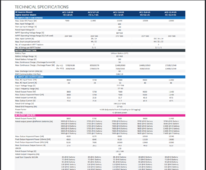
Just so we have the reference doc at the top of the thread for others, here is the spec sheet for the Solis S6 11.4:
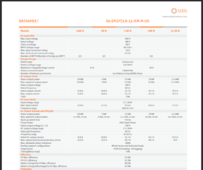
Second post. I'm in Japan (100v 60hz) and am researching the best inverter brand and model to buy for a DIY solar build.
I intend to connect a Leaf 24kWh battery to it for home storage. I'm a member of Dala's EV discord group but have additional questions.
So far I've been able to determine that I need a single phase inverter as that is what's used here in Japan. But very few brands support higher than 48v storage batteries as far as I can tell. Especially in single phase inverters.
Not sure if I will do grid tie right away but may want to later for net metering. So am researching options.
So far I've found Solis S6 11.4 and also heard about the FoxESS brand this past week. Any others I should be aware of? Any highly recommended?
I was originally interested in EG4 but I don't believe they handle 400v storage batteries yet, right? Same for Victron, correct?
I heard Victron and SMA are certified for use in Japan but if they don't offer a single phase model, nor HV storage support, I guess those brands are out.
Any ideas? Or is there another way to use those brands still by using two or something? I'm brand new to this so need to get my bearings.
Thank you if you can help.
Edit: Adding the spec sheets for these two inverters:
So far these are my two leading candidates for inverters. I'm not knowledgeable enough to know if there might be better options or if these are even going to work. So wanted to ask here from experienced users.
Here's the Fox-ess page for single phase inverters for reference:
1-phase Hybrid Inventer – Welcome to Fox ESS
And the spec sheet:
I'm reading that foxess uses the solax protocol, so maybe that's a good thing as it will have more support?

Just so we have the reference doc at the top of the thread for others, here is the spec sheet for the Solis S6 11.4:

Last edited:



